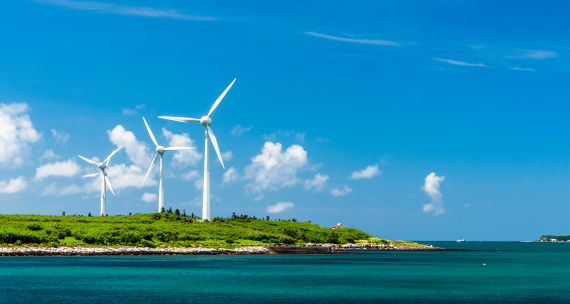China's energy strategy has traditionally been linked to its economic development agenda. Securing energy to meet domestic requirements remains a high priority today. While China is currently experiencing a reduction in energy demand growth, even moderate growth translates into substantial absolute demand increases.
Predictions vary, but the International Energy Agency suggests that China's energy demand will increase roughly 30% between 2013 and 2035. However, China's energy production does not meet current energy needs. A major objective of Chinese energy policy is to increase energy security by decreasing reliance on fossil fuel imports.
Concerns about pollution, climate change, and environmental damage are increasingly shaping Chinese policy-making. The growing importance of green development can be seen in China's 13th Five-Year Plan, which lays out a blueprint for the country's development over the next five years. The plan aims to double 2010's GDP and per-capita income by 2020 through "innovative, co-ordinated, green, open, and inclusive" development. The plan includes a prominent section outlining the concept of "green development," including green lifestyles, high energy efficiency, low carbon emissions, and the introduction of market mechanisms.
In addition to furthering green growth, Chinese policy aims to increase the role of the market in allocating resources, including in the energy sector. While market reform has been a long-standing policy goal, the emphasis was heightened at the third plenum of the 18th Central Committee of the Communist Party in 2013. As part of wider changes to the structure of the economy, government has been increasing the role of market mechanisms in pricing energy and increasing areas of the energy sector open to private investment. These changes are largely intended to balance energy supply and demand and to increase the efficiency of the energy system.
Finally, Chinese energy policy stresses 'going global' as a leader in the provision of energy technology and services. China's export ambitions cross all energy types, including coal, oil and gas extraction, renewable energy, and nuclear technologies.



